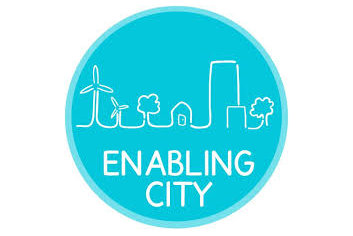In spite of rapid urban population growth, the Kenyan government has failed to meet the acute need for land settlement. Consequently, the growth of informal settlements around Kenya’s urban centers has been enormous, with millions living in high-density slums without basic infrastructure, access to financial services or land tenure. The origins of these slums can be traced back to Kenyan independence, when travel restrictions on natives to urban areas were lifted. About 71% of Kenya’s urban population lives in overcrowded slums on the peripheries of major cities. These slum dwellers face poor and unhygienic living conditions and are frequently threatened with forced eviction. Jane Weru is working to organize and empower them with the technical and financial resources needed to prevent eviction and improve living conditions. Weru has created a network that supports these efforts by providing technical expertise and assistance with regard to land tenure and eviction negotiations; savings and credit management; construction design and planning; and mapping/enumeration. The government has used some of the tools created by this network in other projects. Jane is also unlocking creative financial solutions to finance these initiatives and is disproving the commonly held belief that slum dwellers are risky borrowers. Lastly, she is leveraging commonly held moral and religious beliefs in Kenya to make the challenge of housing for the urban poor a concern for all Kenyan citizens.  Website: http://akibamashinani.org/
Website: http://akibamashinani.org/
How to stop a forced eviction
![]()
STAY IN TOUCH
SUBSCRIBE TO OUR NEWSLETTER
AND RECEIVE OUR LATEST STORIES
OLBIOS NETWORK FOR ACTION










